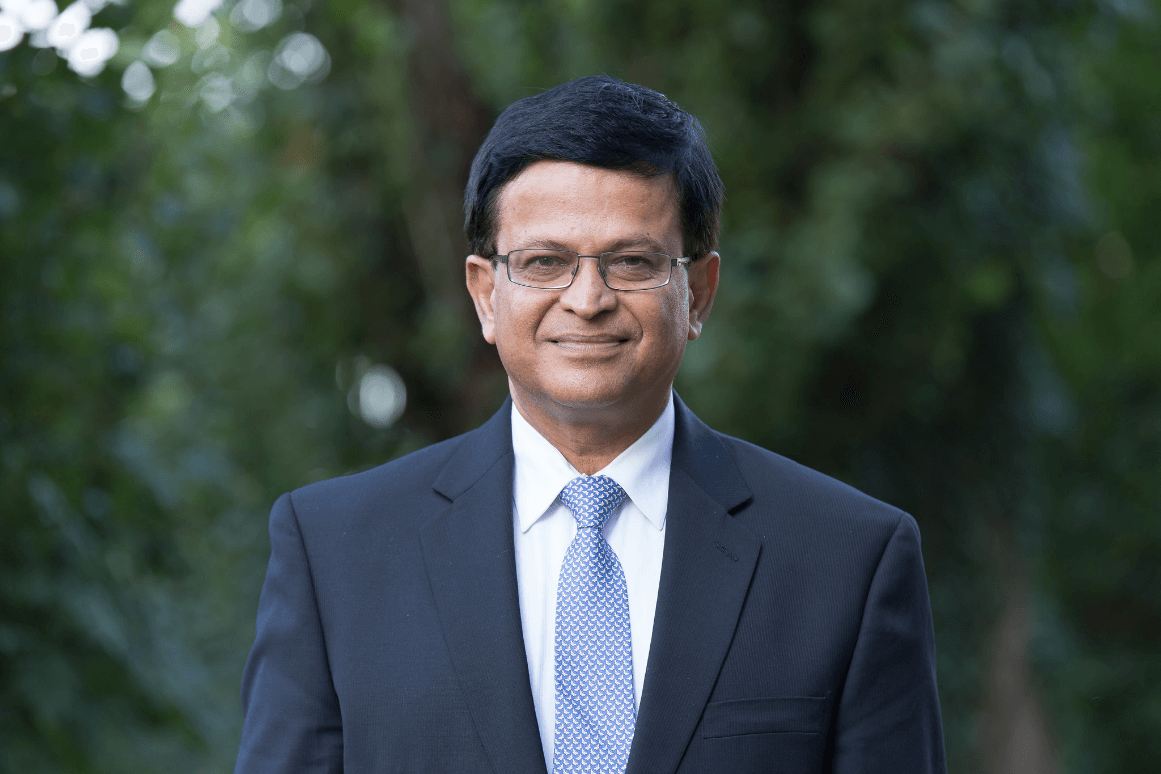Our Primary Output
Trained Beneficiaries
UNITAR provided learning, training and knowledge-sharing services to 395.987 individuals in 2022, representing a 7% increase from 2022 figures of 370,139
20% of beneficiaries were delivered by the Institute’s global network of affiliated International Training Centres for Authorities and Leaders (CIFAL) and 60% were delivered with the One UN Climate Change Learning Partnership (UN CC:Learn).
70% of UNITAR’s overall beneficiaries were associated with events having specific learning outcomes. The proportion of participants from broader knowledge-sharing and other events (e.g. conferences, public lectures, meetings) represents 30% of UNITAR’s beneficiaries.


